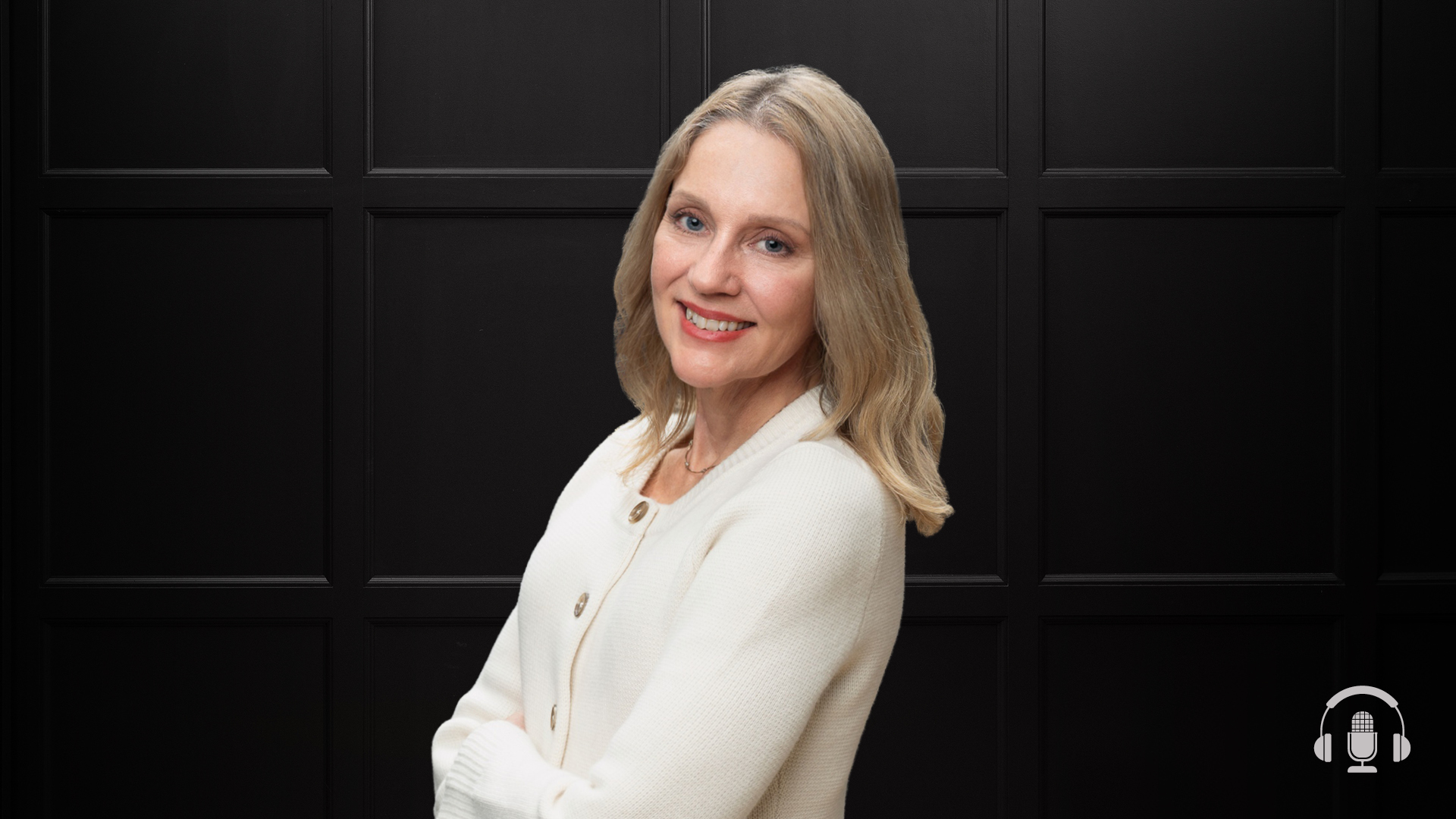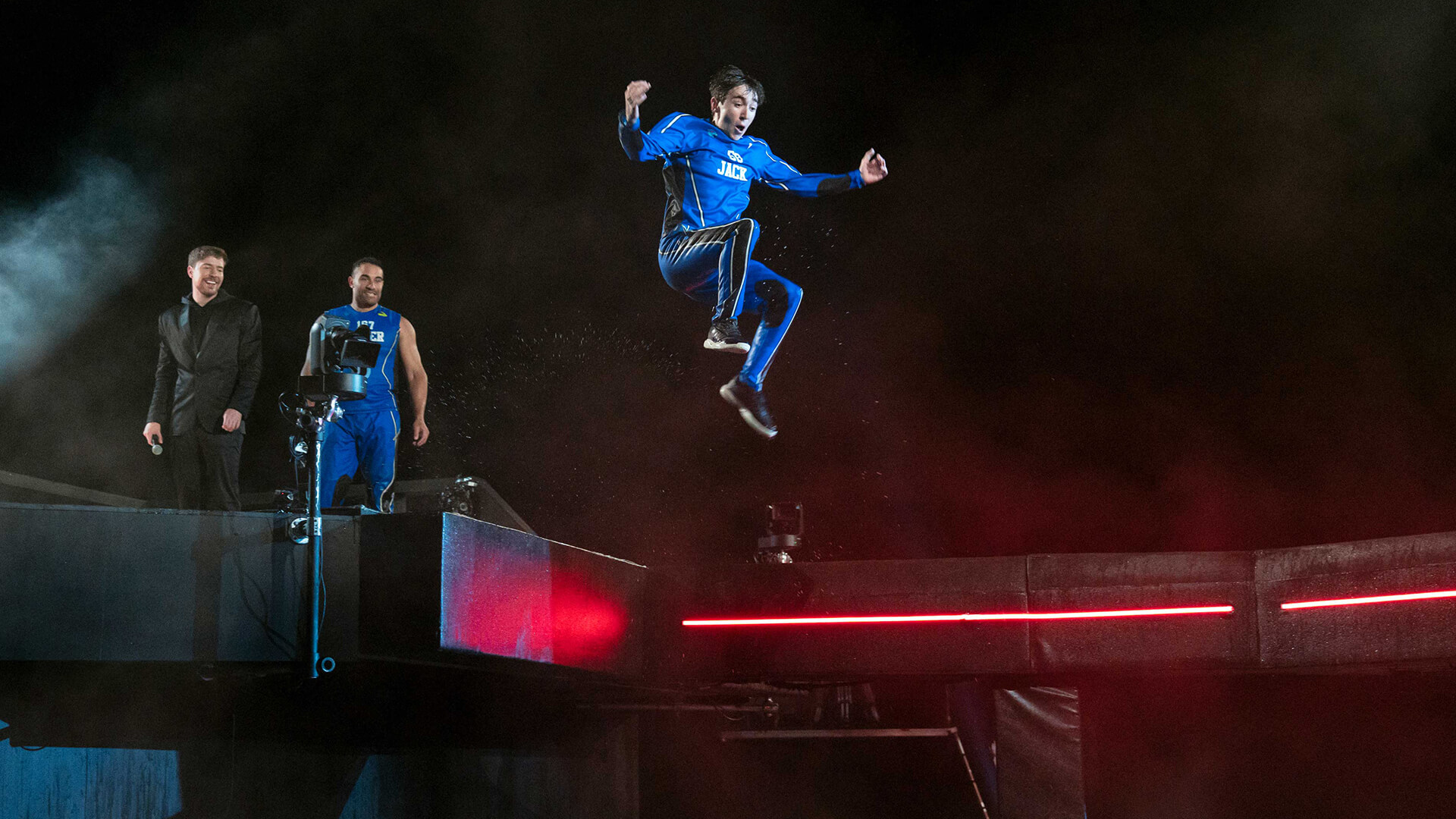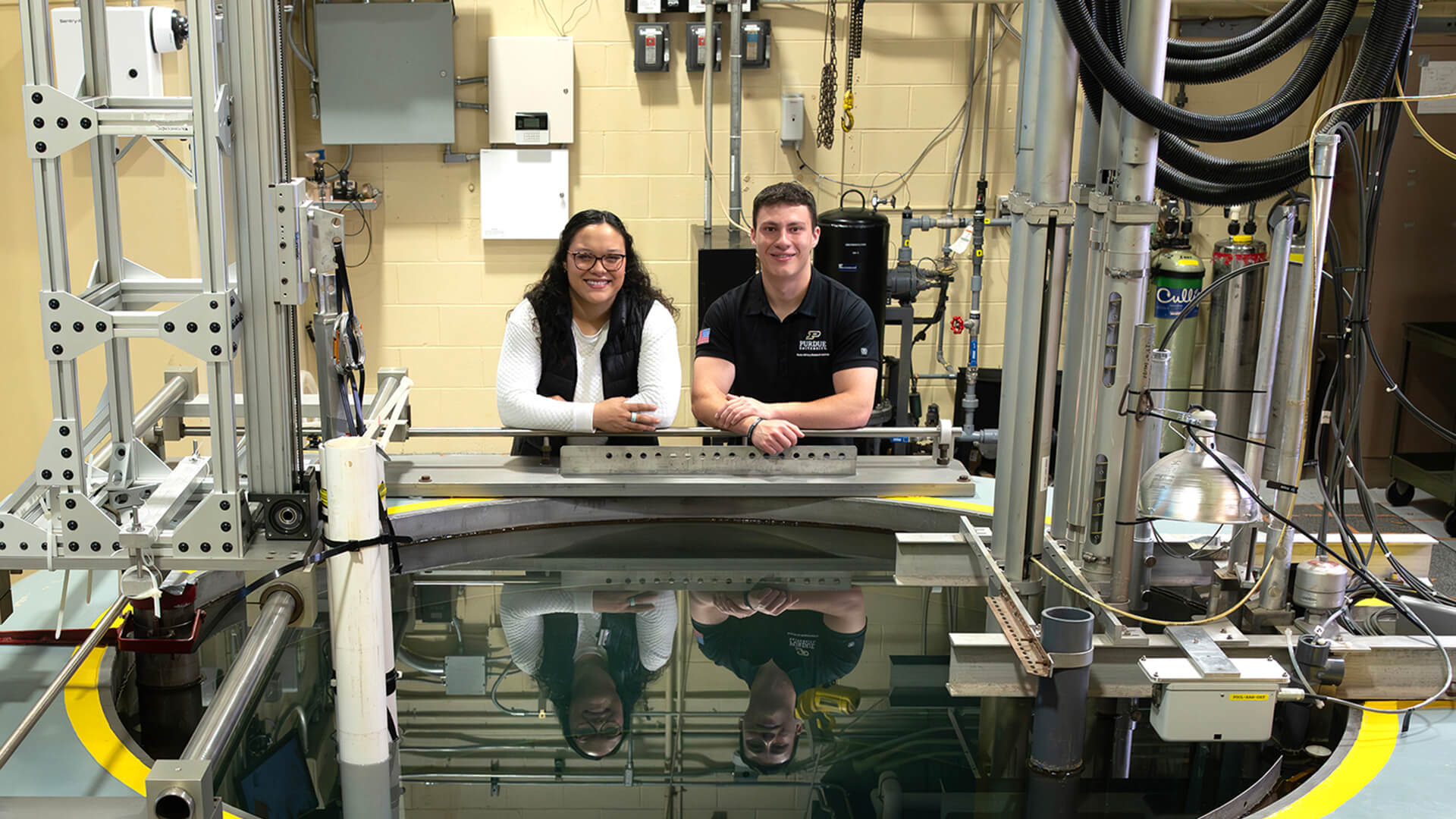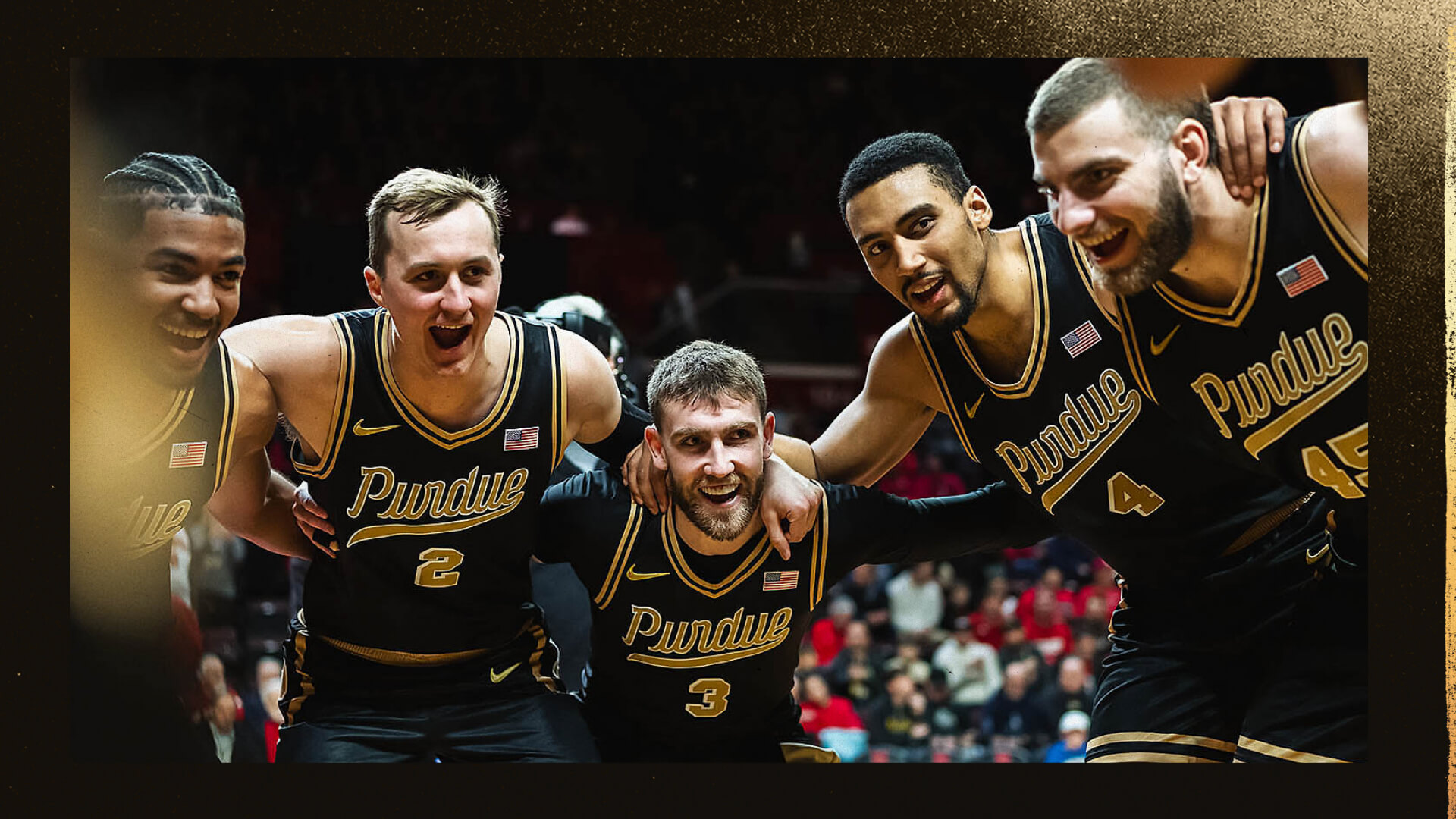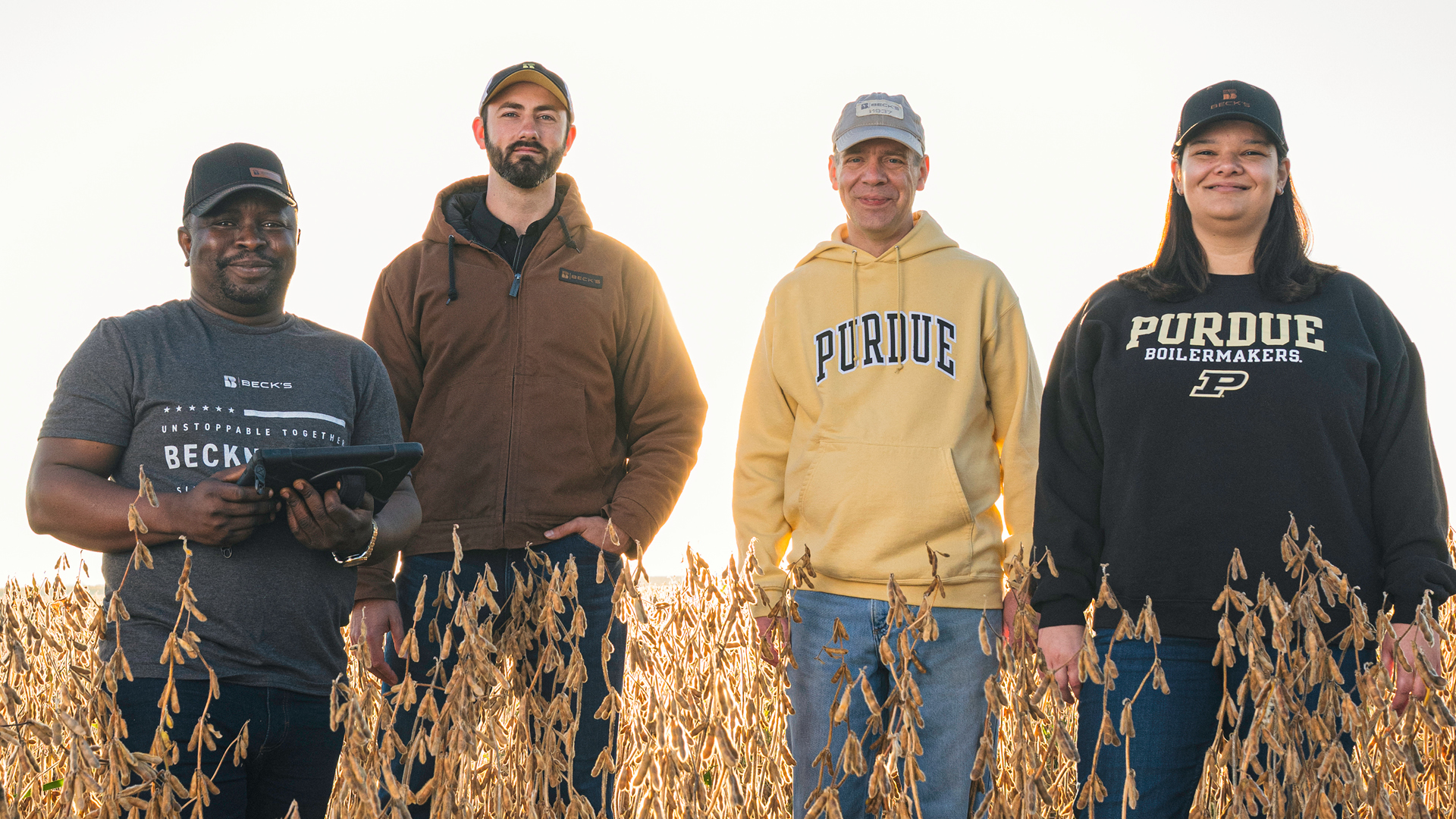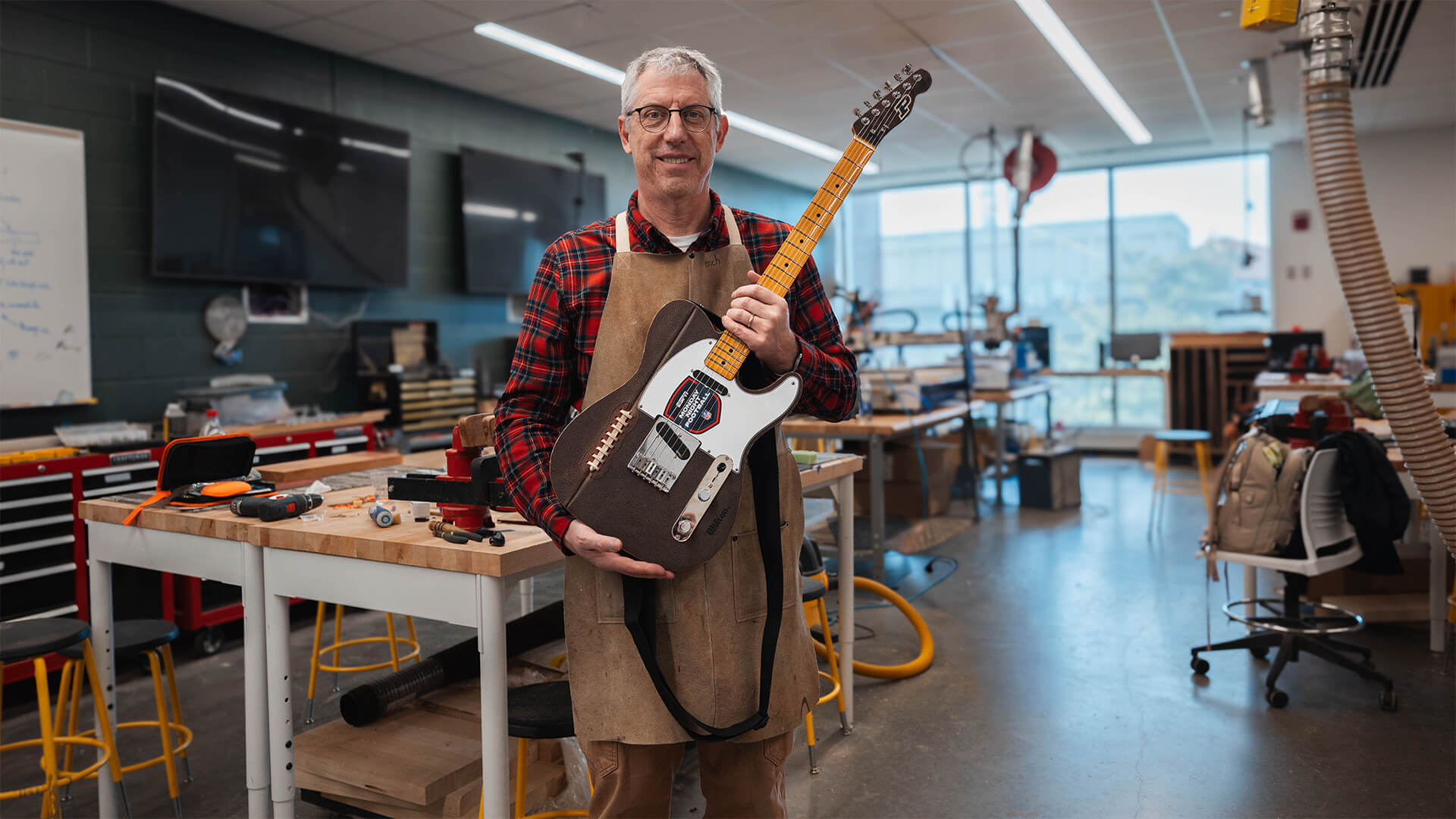Paying it forward to the next generation of women in industrial design

Purdue graduate Karen Korellis Reuther has worked as a product designer for some of the world’s most visible brands and was a creative executive at both Nike and Reebok. (Photo courtesy of Karen Korellis Reuther)
Karen Korellis Reuther aims to help other women build careers in the field where she guided big brands like Nike and Reebok
Karen Korellis Reuther (BA industrial design ’79) remembers the exact moment she decided to become an industrial designer.
At the time, she was a sophomore in an associate degree program in Purdue’s School of Technology, planning to become an architect who supported her family’s roofing business in Hammond, Indiana. But during a basic drawing course, her professor, Peter Miller, made an observation that changed the course of her life.
While most of Korellis Reuther’s classmates typically drew flowers and other nature scenes, Miller — an alum of Purdue’s industrial design master’s program — noticed she preferred to draw products like hair dryers, shampoo bottles or deodorant cans.
“He said, ‘Have you ever heard of industrial design?’ And I said, ‘No, what is that?’ And he said, ‘It’s like an architect for products,’” Korellis Reuther says. “And I still remember that moment. I remember exactly where I was standing. It was at the Michael Golden Labs, which don’t exist anymore. And I said, ‘You can be that?’ And he said, ‘Yes. In fact, there’s a school of industrial design. If you take your drawings over, I’ll call the professor over there and have you meet them.’ And I’ve never looked back.”
For his part, Miller had no idea what that simple exchange inspired. Korellis Reuther would shift into industrial design, where she advanced to the pinnacle of the athletics industry. Not only did she become a creative director at Nike and vice president, creative direction and innovation at Reebok, but she also worked as a design consultant with other famous footwear brands like Puma, Vans and Timberland.
Miller carried on with a 40-year teaching career, including 20 years spent at Purdue (1967-87), totally unaware of Korellis Reuther’s accomplishments. At least not until 2019, when David Williams, the chief development officer for Purdue’s College of Liberal Arts, learned of the inspirational role Miller played in Korellis Reuther’s journey and reached out to reconnect the two.
Nearly 45 years after their pivotal conversation, Korellis Reuther was able to thank Miller for his guidance.
“We had an hourlong conversation,” Miller says. “It was just like the old expression about riding a bike. We made a connection, and it was just like talking to an old, dear friend. It was just so interesting to hear what her life had become. You have somebody in a class and then they disappear, and for the most part, you just never know these things. So, to find out that she had the success that she had was such a joy for me.”

He said, ‘Have you ever heard of industrial design?’ And I said, ‘No, what is that?’ And he said, ‘It’s like an architect for products.’ And I still remember that moment.
Karen Korellis Reuther (BA industrial design ’79)
On art professor Peter Miller’s encouragement to consider a career in industrial design
The encounter was so pleasant, in fact, that Miller and his wife added a side excursion to Boston to visit the Reuthers during a New England vacation in the fall of 2024. At the end of their dinner, which Miller describes as “one of the most wonderful evenings my wife and I remember having,” Korellis Reuther jokes that she and her husband felt a special duty to pick up the check.
“It was funny, (Miller) said, ‘No, no, no,’” Korellis Reuther recalls with a chuckle, “and I just said, ‘It’s the least I could do for you having given me my career!’”
Designing for women
Long before she became an athletic footwear executive, Korellis Reuther was a product designer at Boston-based computer companies Wang Laboratories and Digital Equipment Corp. In fact, a desktop computer she designed in 1984 made her Wang Laboratories’ first female designer to receive a patent.
It was a joyous accomplishment, but also a bittersweet one — a running theme throughout her career. She didn’t aspire to be the first or the only woman designer to accomplish something. She wanted to have more women up and down the organizational ladder, including in the boardroom.
“I always say a couple things: One, we need more women at the table because women won’t forget that women exist,” Korellis Reuther says. “And two, women are not smaller men.”
That second point has become a focus in the latter stages of her career.
After successfully applying to Harvard University’s Advanced Leadership Initiative, where she was a fellow in 2021 and 2022, Korellis Reuther joined the faculty as a design critic (essentially an adjunct professor) in Harvard’s Graduate School of Design, teaching in the school’s Master in Design Engineering program and personally concentrating on ending gender bias within the built world.
Translation: Male and female bodies are not the same. When designing for women, it’s not good enough to simply “shrink it and pink it” — to produce a smaller version of an item built for men’s use and manufacture it in a stereotypically female color. For example, the auto industry’s historical failure to account for gender differences during seat-belt design and safety-testing procedures results in women being far more likely to suffer injury or death in a crash.
“I believe that in the feminist fight for equality, sameness was emphasized and biological differences were minimized largely due to the fear of these differences being held against women,” says Korellis Reuther, who is in the process of writing a book about this topic titled “Man Made” that Harper Business will publish in 2026. The book is an inside look at how design has left women out and the steps that are necessary to make it right.
One way to create change is to increase the number of women not just graduating in the field — and others like it, including architecture and engineering — but remaining in it beyond the first few years after graduation.
So, she decided to do something about it. She and her husband, Dieter, decided to endow a scholarship at Purdue for promising young women in industrial design. The couple offers not only financial support, but mentorship, career advice and professional connections in hopes of building a network that improves retention rates.

“The first patent, although I was very proud of it, also drove what I’m working on now in that the number of women in industrial design and architecture and mechanical and civil engineering as women in practice remains very, very low today,” Korellis Reuther says.
Paying it forward
When the Reuthers launched the scholarship ahead of the 2022-23 academic year, they simply wanted to do something to help the next generation thrive in a field that enabled them to design products for some of the biggest brands in the world. The first scholarship recipient, Isabelle Urashima, is an innovation designer at IBM today. The 2023-24 recipient, Cecilia Sanchez, is now an industrial designer for White River Marine Group.
Entering the third year of the scholarship’s existence, the Reuthers had no clue — nobody at Purdue did — about the stressful circumstances Anna Blessinger and her family faced when the industrial design program’s leaders selected Blessinger as the 2024-25 recipient.
Anna’s mom, Tara, had been diagnosed with lymphoma only a month before the family learned about the scholarship that would cover nearly all of the costs associated with Anna’s senior year at Purdue. The unexpected gift allowed them to focus solely on Tara’s care without taking on the additional stress of student loans to cover Anna’s college expenses.
“She has a rare form of cancer that is incurable, so she will not have any remission. She can go into chemo, and then it will decrease some of the cancer, but it will never eliminate it,” Blessinger explains. “We’ve been trying to get her into different studies, and there has been quite a bit of a financial burden on the family, but everyone’s been handling it really well. And I told Karen that as well: For that (scholarship) to have happened was such a blessing for our family. It saved us from a lot of struggle going into my last year at Purdue.”
While this was a different occupational barrier from what the Reuthers envisioned when they endowed the scholarship, the circumstances still fell very much in line with the message of persistence that the Reuthers hoped to convey.
“Although I had never experienced what Anna did during my studies at Purdue, I could relate,” Korellis Reuther says. “I’ve had moments that made me pause and wonder if I should keep going. Experiences like that can cause you to stop. It may cause you to question whether you’re talented enough to do this, whether you’re strong enough to do this.
“All I knew is that through the scholarship and the support that Dieter and I provided to Anna, we wanted to give her more reasons to say yes than no. What she accomplished and her level of talent is really amazing. I can’t wait to see what she does next.”
After all, you never know what a bit of encouragement might spark. Korellis Reuther is living proof.

A world of possibilities
At Nike, Korellis Reuther felt like she received a PhD in brand-building thanks to the company’s universal focus on athlete performance. At Reebok, she helped prove the value of a well-defined brand mark when she led a redesign of its corporate identity using a single, established logo — a change that contributed to a 20% sales increase in the very first quarter.
She and Dieter want to share such industry knowledge with young designers capable of changing the field for the better. Designers like Anna Blessinger.
Blessinger interned last summer at Wilson Sporting Goods in Chicago, where she first gained an awareness of the design possibilities that exist within the athletics realm. She went on to design a marathon running shoe as part of her award-winning senior thesis, prompting Korellis Reuther to observe that she has the chops to work in athletic footwear design if she chooses to do so.
And perhaps she will someday. But for now, the spring 2025 graduate is focused on her first job at Whirlpool, designing mixers for the company’s KitchenAid brand at its headquarters in Benton Harbor, Michigan.
She loves working in a field where she could design either shoes or mixers, or countless other products, over the course of a long career. Korellis Reuther’s accomplishments prove that point, revealing how far designers can go when they bet on themselves.
“Having her as an example for saying yes to opportunities, it helps me want to say yes to the opportunities that I am getting now,” Blessinger says. “She’s just been a great example for what life could be.”
